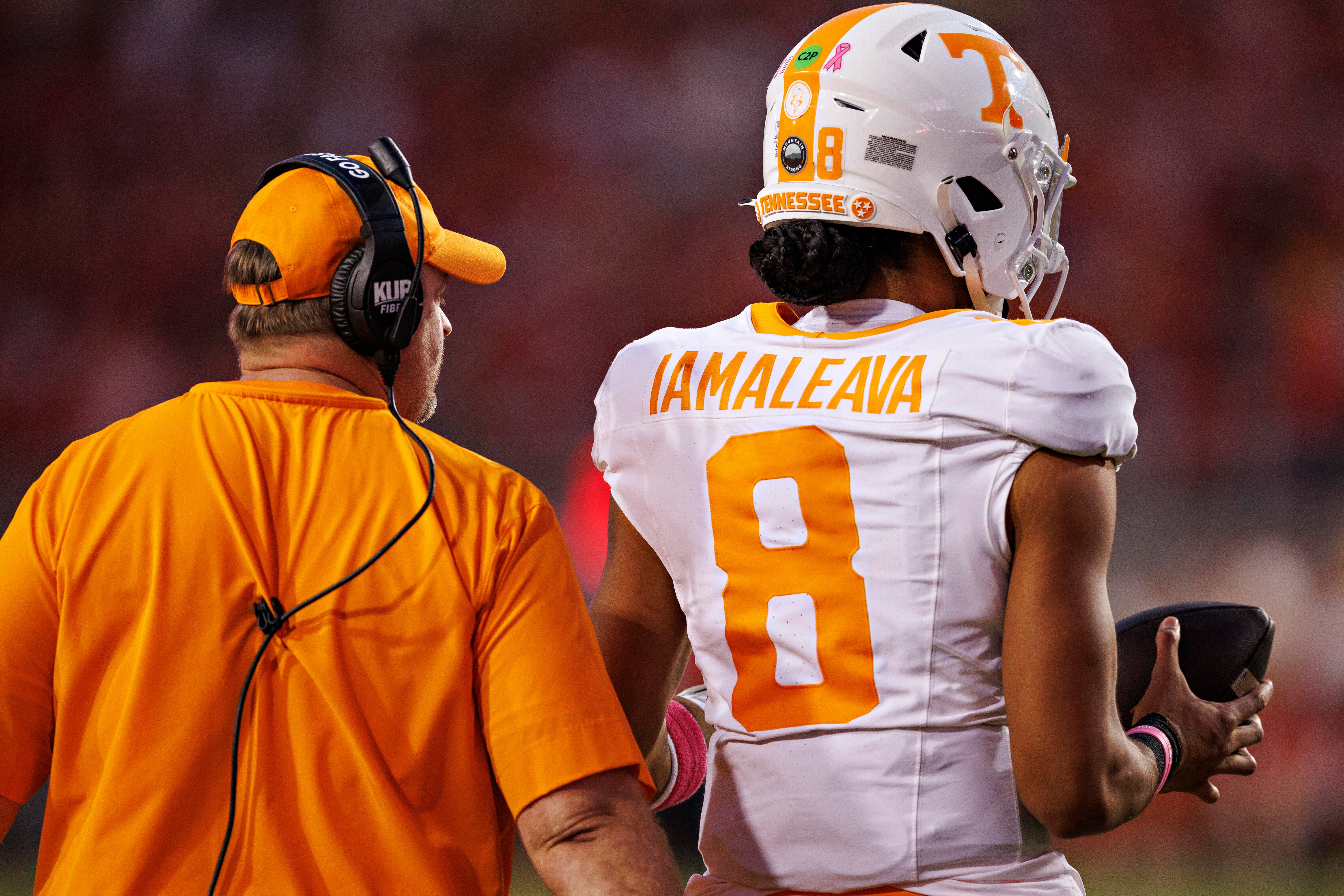Normal remains a part of Utah Jazz general manager Justin Zanik’s life. He travels for work and spends considerable time at the office and with the players, staffers and other team personnel as he navigates the present and future of the franchise.
But life isn’t the same one year after receiving a life-saving kidney transplant.
A daily regimen of 16 anti-rejection and immunosuppressant medicines and supplements. No more sushi because that could lead to food poisoning, which could weaken the immune system, which could lead to kidney failure. Less caffeine and more water to keep the kidney flushed and healthy. One med gives him minor tremors. Another makes him hungry. Doctor appointment after doctor appointment.
“You are given this great gift of life,” Zanik told USA TODAY Sports over Zoom with his wife, Gina, sitting next to him. “And now my job is to do the best I can to take care of it.
“The biggest thing I would say is just you've had to develop new habits.”
For most people who have encountered a life-threatening illness, perspective shapes what becomes a new normal. Inconveniences and sacrifices are small pittances for the reward: life.
“We've had so much great support. Not only from my lovely wife and my kids, but the Jazz and my colleagues and friends,” Justin said. “I was back in the office right after the combine (in May), got cleared to travel in September, went to Europe three weeks ago for work. So the hours and the work are back to normal, which is still crazy hours. And my body's held up well. I have a hawk here watching my every move.”
What is polycystic kidney disease?
Justin, 50, has polycystic kidney disease (PKD), an inherited disease in which “clusters of cysts grow in the body, mainly in the kidneys. Over time, the cysts may cause the kidneys to get bigger and stop working,” according to mayoclinic.org.
Eighteen months ago, on Oct. 1, 2023, after Gina persuaded Justin to get a physical following years of putting it off, a doctor called and told him he was in kidney failure.
On April 2, 2024, he received a new kidney from a living donor. The Zaniks, along with their three children, 17-year-old Ava, 15-year-old Oskar and 13-year-old Lucy, celebrated the one-year anniversary last week with a report of good news: the kidney transplant was a success, and Justin is back full-time doing what he enjoys.
“There is just a household of love and just really came together as a cohesive unit to take care of him,” Gina said. “There's a stronger bond that we just have because of this experience with Justin.”
The Zaniks are not strangers to health issues. Gina is the co-founder and executive director of Rare and Undiagnosed Network, a nonprofit that helps families. Gina and the children have autonomic neuropathy, a condition that impacts involuntary body functions.
Justin prefers to work in the background and his instinct is to remain private. But this is a different situation than making a trade or hiring a coach. Gina is a fighter, trying to get answers and help others, and Justin realized he can help.
Together, they are advocates for organ donations and PKD. All three of their children were diagnosed through genetic testing.
“Ava spoke at the state capitol at 10 years old advocating for rare disease,” Gina said. “She wants to be in public policy. She talked about law school the other day too. She wants to make change in the future for others because of what her journey has been.”
How Justin Zanik found a living donor
Getting a kidney can be a lengthy process that sometimes requires the recipient to undergo dialysis until a match is ...







